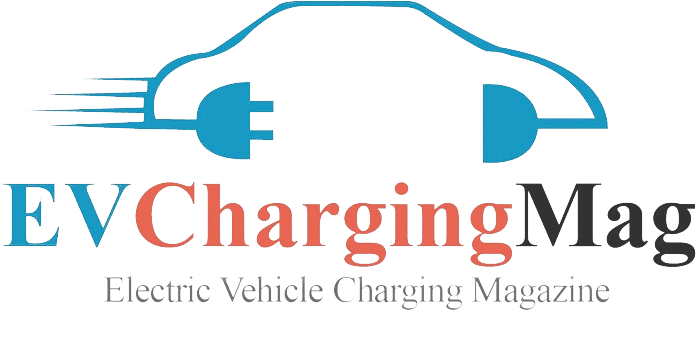The EV landscape is on the verge of a significant transformation driven by advancements in solid-state battery technology. A Chinese startup, Talent New Energy (also known as Tailan New Energy), has sent shockwaves through the industry by unveiling a prototype all-solid-state battery cell boasting a record-breaking energy density of 720 Wh/kg.
Solid-State Batteries: A Revolutionary Shift for EVs
Traditional EVs rely on lithium-ion batteries, where a liquid electrolyte facilitates the flow of ions between the electrodes. While these batteries have been instrumental in the initial EV revolution, they have limitations, particularly in terms of range and charging times. However, solid-state batteries aim to redefine the game by replacing the liquid electrolyte with a solid material. This seemingly simple change unlocks a treasure trove of potential benefits:
- Unleashing Extended Range: Solid-state batteries boast significantly higher energy density compared to their lithium-ion counterparts. Talent’s new cell exemplifies this potential, offering double the energy density of leading EV batteries. This translates to potentially over 1,300 miles of range on a single charge, a dream come true for EV owners yearning for road trip freedom without range anxiety.
- Fast Charging on the Fast Track: Solid-state batteries hold the promise of significantly faster charging times compared to lithium-ion batteries. Imagine topping off your EV’s battery during a quick coffee break – a game-changer for busy lifestyles on the go. Additionally, faster charging times could significantly improve the overall usability and convenience of electric vehicles.
Talent’s Innovation: A Technical Feat
Talent’s new cell showcases impressive technical achievements with the potential to reshape the EV landscape. Here’s a breakdown of its key features:
- 120 Ah Capacity: This indicates the cell’s ability to store a significant amount of electrical charge, ensuring ample power for extended journeys.
- Solid-State Design: The absence of a liquid electrolyte addresses safety concerns and potentially improves battery life, offering a more reliable and long-lasting power source for EVs.
Challenges and Opportunities on the Road Ahead
While Talent’s innovation is undeniably exciting, there are hurdles to overcome before widespread adoption becomes a reality:
- From Prototype to Production Line: This technology is still in its early stages and needs to be scaled up for mass production in electric vehicles. The journey from a promising prototype to a commercially viable product requires significant engineering and refinement.
- Cost Considerations: Solid-state battery technology remains expensive. Reducing costs will be crucial for mass adoption in the automotive industry. Making this technology affordable for the average consumer is essential for achieving a significant shift towards EVs.
A Brighter Future for Electric Mobility Awaits
Despite the challenges, Talent’s breakthrough is a significant leap forward for solid-state battery technology. This innovation has the potential to revolutionize the electric vehicle industry, offering drivers:
- Reduced Range Anxiety: The prospect of driving over 1,000 miles on a single charge could significantly alleviate range anxiety, a major barrier to EV adoption. This extended range could entice more drivers to make the switch to electric, accelerating the transition towards a more sustainable future.
- Faster Charging: Imagine topping off your EV’s battery in minutes, not hours. Solid-state batteries promise significant improvements in charging times, making EVs a more convenient and practical choice for daily commutes and long journeys alike.
The race to develop commercially viable solid-state batteries is heating up, and Talent New Energy has emerged as a major player. While there’s still a road ahead, this new technology holds immense promise for the future of clean, efficient, and convenient electric transportation. This innovation has the potential to unlock a new era of electric mobility, paving the way for a more sustainable future.

